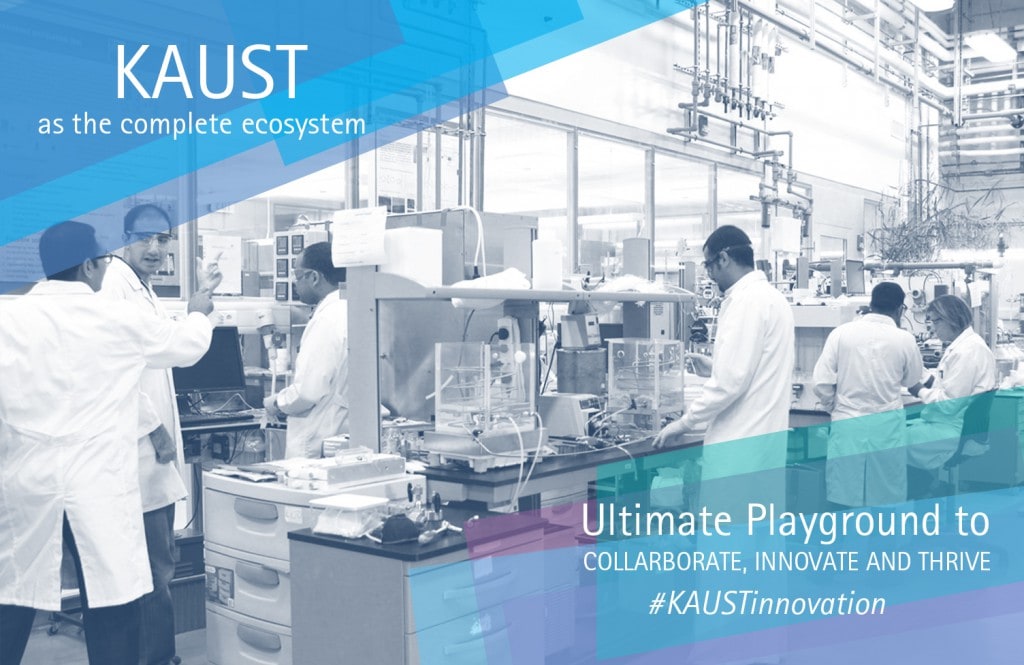Universities hoping to commercialize the innovations of their students, staff and researchers are paying more attention than ever to developing strong partnerships with industry and focusing on collaborations that have tangible social and economic benefits.
KAUST was created with such strong partnerships in mind. The University’s mission statement includes references to being a catalyst for ‘innovation, economic development and social prosperity in Saudi Arabia and world.’
An important component of moving innovations from the lab to the marketplace is the ‘technology transfer’ process.
The technology transfer function of the 1980s and much of the 1990s was largely reactive, non-market driven and completely separate from concepts such as innovation ecosystems. It focused almost entirely on producing as many patents as possible.
However, innovation is not defined solely by producing as many patents as possible or concentrating on statistics that do not tell the complete story. For innovation to truly thrive, the whole ecosystem must be nurtured and supported on an ongoing basis.
KAUST as the Complete Ecosystem
KAUST is rethinking technology transfer by committing to an innovation agenda that seeks to create and leverage partnerships, resources and strategies into products and services that benefit society, especially in four areas of global significance — food, water, energy and the environment.
This approach puts a strong emphasis on experimenting, collaborating, and strengthening human relationships.
It focuses on positive risk taking and developing entrepreneurship. It accepts quick failures and realizes how important they can be to develop future successes. It involves a relentless approach to creating value and identifying markets and applications around early stage innovation assets. It is an approach that encourages people to think outside the box and understands that some of the best innovations of all time have been developed through tinkering, exploring and connecting.
With its world-class academics, labs and facilities that are second to none, strong partnerships with leading industry partners, strategically connected innovation and economic development programs and its community of over 100 nationalities on campus, KAUST represents this complete ecosystem.
Dedication to this complete innovation ecosystem, which must be sustained and grown in order to support widespread economic development, is paying off for KAUST.
In 2015, KAUST had its accelerators and incubation programs win awards such as the High Impact Award from UBI Global. A number of new scale-up and kilo labs were inaugurated at the University for state-of-the-art testing, and industry collaboration was strengthened with a number of key partners such as Dow and the Saudi Electricity Company. The Beacon I fund was developed to provide venture capital funding for high-tech startups, and events such as Arabian Tech Tour 2015 were hosted by KAUST to strengthen venture capital in Saudi Arabia.
In an era when many institutions worldwide are only focusing on part of the ‘innovation story’ because of limited funds or limited ambition, KAUST provides innovators with the ultimate playground to collaborate, innovate, thrive and do some bold experimenting.

